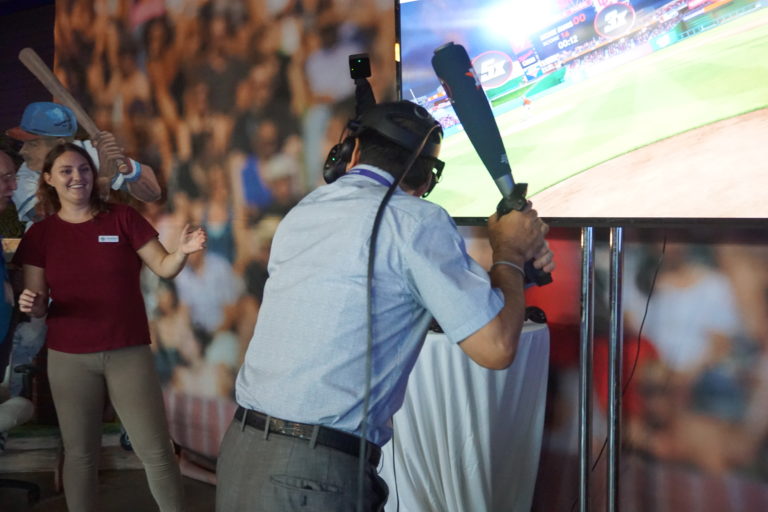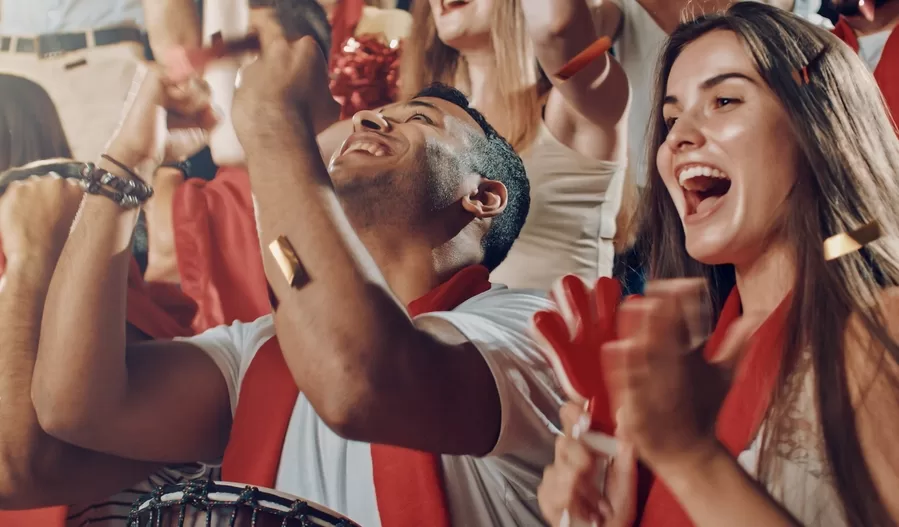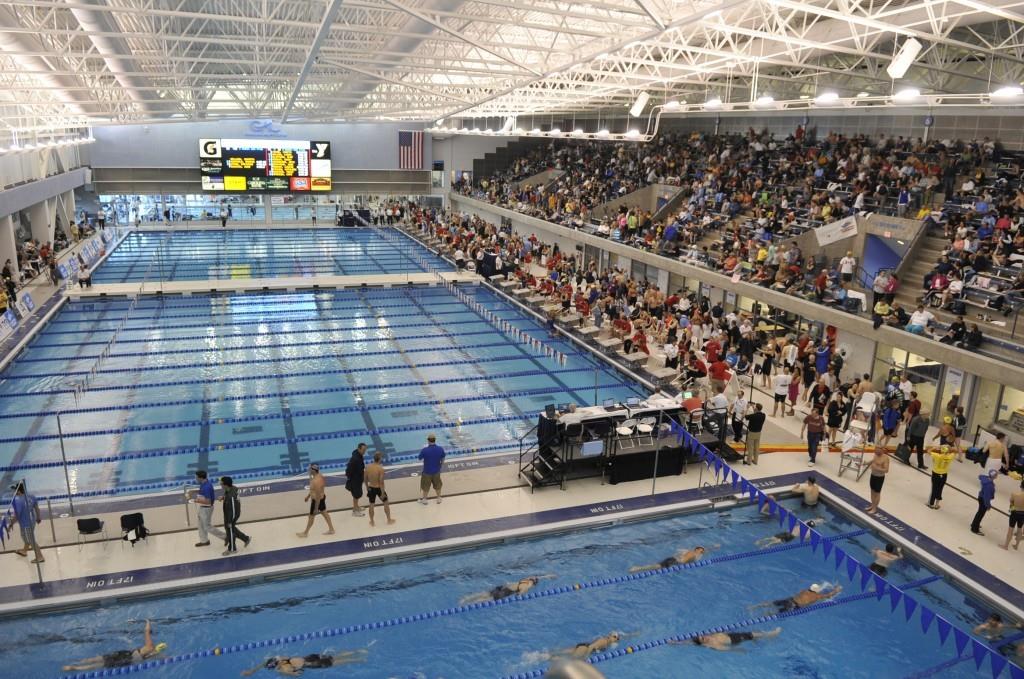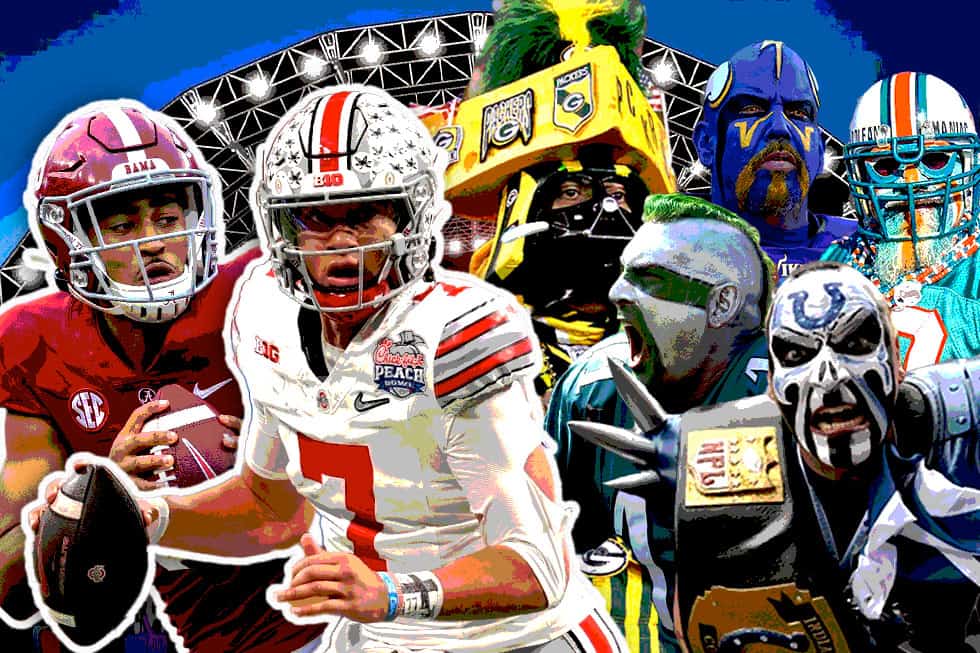The management and organization of events are necessary in a multitude of areas, including sports, and not only serve to carry out certain events and activities successfully but are also very useful in maintaining a positive image, such as the one sent during the Olympic Games of brotherhood.

That is why the management of sporting events is also important in the world of protocol since it requires a whole series of tools, rules, and procedures for its proper functioning, as well as to achieve good projection abroad. But what does it take to work in this sector?
How a sporting event is managed
Sports events are always developed around a type of physical exercise, which in turn requires certain skills and standards. Therefore, managing an event of this nature can be quite complex, especially depending on its magnitude, but nothing impossible if we follow a specific methodology and manage to answer questions such as the following: Can I do it? Will I do it alone or will I have collaborators? Do I have enough time? What budget will I have? Will I have financial support?
Once these initial questions have been answered, we can move on to develop the following other essential points to plan everything well and be able to successfully carry out the sporting event in question. In this planning, the previous phase will always be the most important, since it is in which we must define the typology of the event, the structure it will have, the strategy to follow, or the objectives we have.
This previous phase, which is the planning phase, and which we will see later, will be followed by the development and end of the event. During the development, the person in charge of managing the event must remain attentive to every detail at all times and analyze such relevant aspects as the final attendance of the public, the protocol, or adequate assistance to vulnerable groups, once it is finished, he must carry out a collective assessment and a final balance of results (in terms of advertising, economic reports, security, catering and cleaning services or general participation).
What types of work are there at sporting events?
If you are interested in the world of sports event management, you should know that training in this field can open the doors to numerous professional possibilities, since the sports industry is very broad and many positions may be needed in these events.
Likewise, as a manager, you must know what professional vacancies are necessary to develop an event of this type. Let’s look at some of the most notable examples:
- Journalists and presenters.
- Photographers and videographers.
- Consultants and organizers.
- Physiotherapists and medical personnel.
- Emergency services personnel.
- Transportation and security personnel.
- Catering and restaurant staff.
- Cleaning services staff.
- Services or sales companies (tickets, merchandising…).
- Advertising services (sponsors, logo design, invitations, posters…).
What are the phases of organizing a sporting event?
- Planning and estimated deadlines. As we have had the opportunity to see, planning is the very first part that should be involved in the management and organization of a sporting event, as well as any other type. Therefore, know what deadlines will be available to carry out the project you have in mind, and do all the written tests of what will be needed or simulations of the budget, expenses, and income that will be had, as we will see later. , will be the first steps.
- Choice of the sports sector. A sporting event can be of many types, so first, we must define what exactly we are looking for, which can range from the most humble events (such as a youth soccer match at the municipal level) to the most complex and largest ( such as a soccer World Cup or the Olympic Games themselves). Being clear about this first choice will determine the subsequent good course of all the other phases of the event.
- Structure of the event. When we talk about a sporting event, its structure is everything that has to do with the time it will last, whether it will be a tournament or perhaps a league, whether it will be individual or not, its levels, scoring systems, or eliminations. …Aspects that can be made much clearer by carrying out surveys or studying other similar events already carried out.
- Goals and purpose of the event. What makes us want to organize and develop said event? What purpose will it have? Making a list of all the reasons that motivate the holding of the event will also help to be clearer about the objectives, as well as choosing its purpose, that is, whether it will be something beneficial, promotional, focused on tourism, advertising, or commercial. …etc.
- Define the target audience. In the same way, we will have to define what type of audience we want to direct said event to whether they will be young people or schoolchildren to promote the development of sport, whether they will be adults who are fans of a specific sport, professional athletes, people with disabilities, older people…
- Prices and budget available. To know if we have enough budget to organize the event we want, we must be clear if it will be with a ticket, at a single price or not, or on the contrary it will be free. Having this clear will allow us to make numbers with much greater accuracy, as well as inform ourselves in advance about what the estimated budgets usually are for similar events. Other fundamental points will be knowing what materials will be needed, how many staff, whether there will be catering or not, etc. The more times we rehearse a forecast of expenses and income, the more comfortable we will move toward the success of the event once it is underway.
- Ideal place for the event. Depending on the public that will attend and the direct participants in the event, we will have to choose the location, ensuring that we choose the appropriate venue with all the requirements and with a sufficient level of capacity. At this point, it is always recommended to make prior estimates and be well-informed about the regulations in force in each space.
- Date and time of the event. As for the date and time, we must always inform ourselves well about what type of activities there will be in the area that same day that we have planned and if there is availability in the chosen venue, as well as choose a time that does not overlap, if possible. , with other activities or important events, so that the public can attend the event without problems and we do not see a decrease in attendance. Being clear about the duration of the event will also be essential when choosing the most convenient exact date, always establishing margins that are wide enough to avoid problems in case everything drags on.
- Materials, services, and safety. Think first about the materials that will be needed, such as balls, goals, whistles, signs, supplies, and prizes… and also about those materials that will be necessary to maintain the safety of the event, such as cleaning products or staff uniforms. Health and safety measures are crucial in the organization and development of any event, so, in addition to planning these points, you should get good advice and have good civil liability insurance.
- Management and financing systems. One of the first things one should ask themselves in the planning phase, for those interested in sports management, is whether they will work alone or with help, and it is at this point that they can come into play. the so-called “sponsors”, those who can help from different areas to promote the event. These collaborators may be private or public institutions, as well as local projects or companies that can also generate a positive effect.
- Search for the necessary personnel. Whatever type of sporting event we are going to hold, whether larger or smaller in scale, it will be necessary to hire a sufficient number of employees so that all the needs of the event are properly met. In this sense, we may need staff, judges, referees, catering or restaurant staff, entertainers, ticket sales, cleaning and security services…etc. Making an organizational chart with the positions that will need to be filled and their competencies, without improvisations, will be a very important step in the planning and development of the event.
- Promotion systems. Think again about that target audience and define who you want to reach since the promotion strategy to follow will depend on it. Thus, you can create and distribute posters, contact photographers and the media and press, city councils, campaigns on means of transport… And all with a good design of the colors appropriate to the event, an attractive logo, the number of sufficient accreditations or definition of possible interviews, since every detail is important, as is good advertising, so that those benefits estimated in our previous planning can come true.
- Other media and impact systems. Nowadays the possibilities of reaching others are almost infinite, so also use the Internet and social networks for an effective impact on the event, or look for a recognized influencer capable of reaching a new audience by deriving some budget item, because If you want the event to spread and reach many interested people finally, it will surely take a good part of it.
- Regulations and necessary permits. This point is key in any planning to avoid scares or even cancellations, since without the necessary permits and administrative licenses we will not be able to carry out a sporting event of any kind. Therefore, starting to collect everything necessary in advance is key, as well as knowing what the appropriate rules and protocols are for that type of event since all these procedures can always be delayed.
Main aspects of successfully managing a sporting event
After all these points, if you don’t leave any out, you will surely have the event you are going to hold very well organized, but you should not relax, as unforeseen events can always arise. Therefore, review the points again and again and compile those that are most important:
- Date and target audience.
- Protocol to follow.
- Necessary invitations.
- Restoration, transportation, security.
- Advertising and media.
- Initial and final economic balance.
- Thanks to the attendees and participants.
- Cleaning services at the beginning and end of the event.
- Final analysis (attendance, participation, media, and impact…).
How to build a profile to work in the sector
Sports events are fully related to the world of marketing, so carrying out previous studies in this field can serve as a very good basis to later enter, through a degree, master’s degree, or specialization course, into the world of marketing management. sporting events.
Another interesting profile to work in this sector is that of protocol and event organization, but it is important to keep in mind that sport is a very particular event, in whose development a multitude of different sectors and profiles intervene: athletes, sports management, teams, followers and the general public, sponsors, public and private institutions, media…and a long etcetera, so communication, relationship, organization and negotiation skills will be essential for the great demands of the position.




